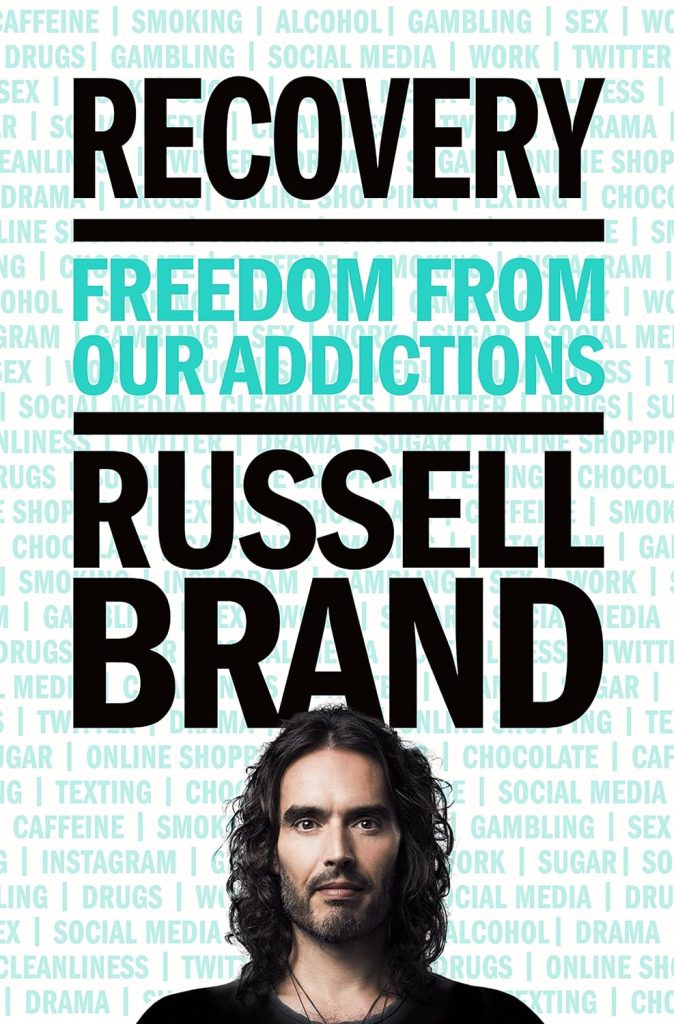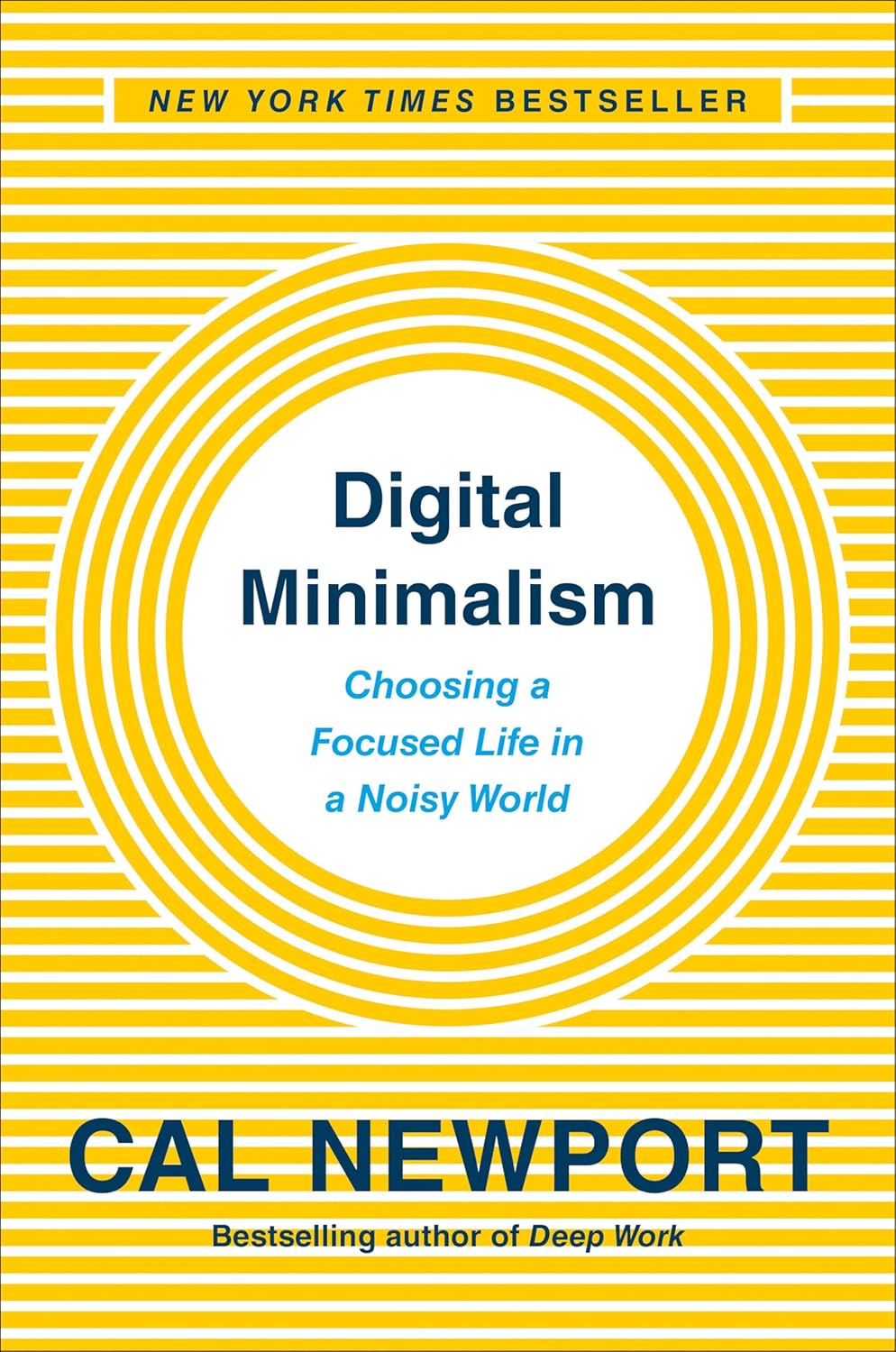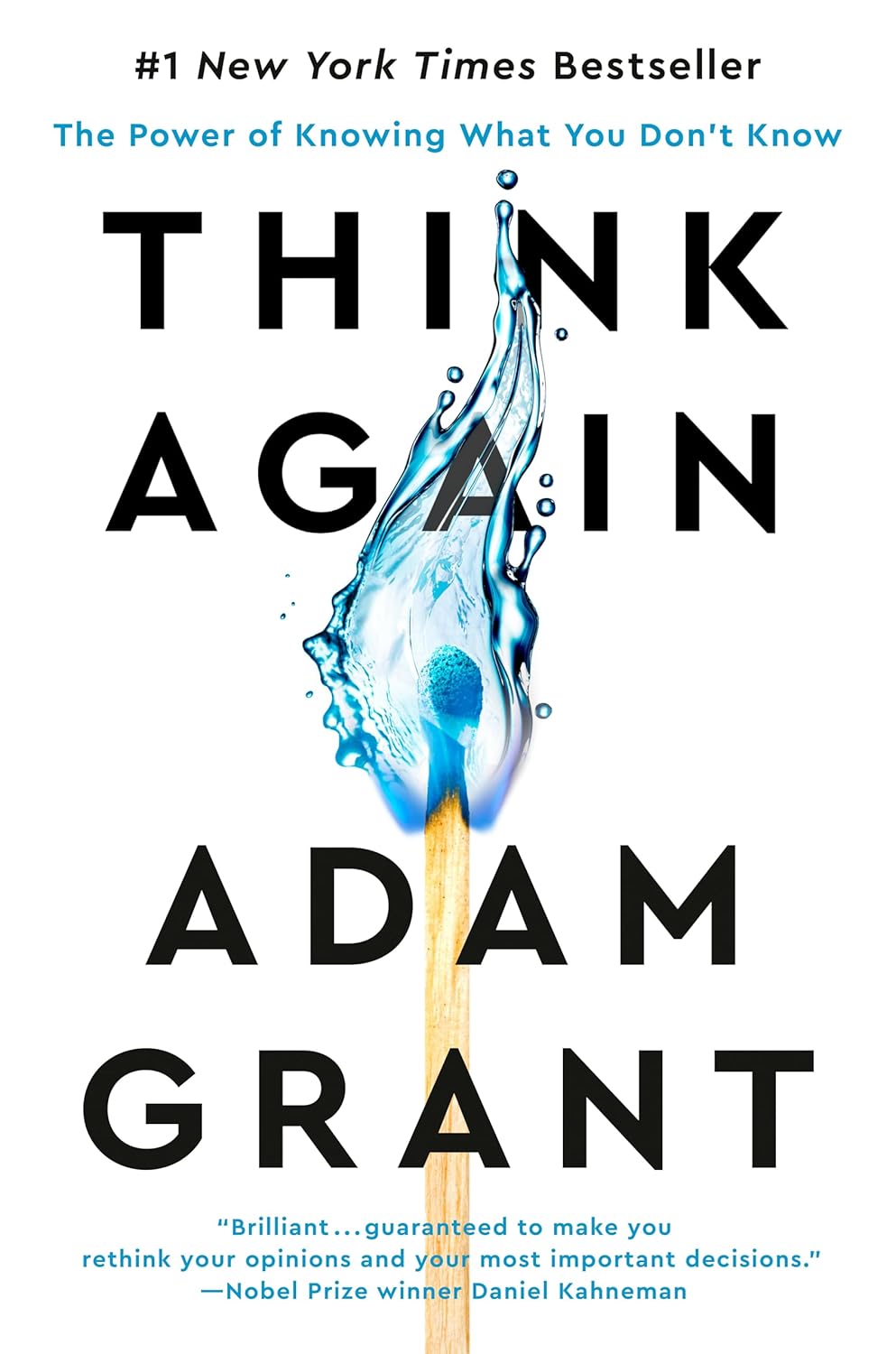
Buy The Book
Chapter
- ✦ Introduction
- ✦ The Twelve Steps
- ✦ 1. Are you a bit fucked?
- ✦ 2. Could you not be fucked?
- ✦ 3. Are you, on your own, going to ‘unfuck’ yourself?
- ✦ 4. Write down all the things that are fucking you up or have ever fucked you up and don’t lie, or leave anything out.
- ✦ 5. Honestly tell someone trustworthy about how fucked you are.
- ✦ 6. Well that’s revealed a lot of fucked up patterns. Do you want to stop it? Seriously?
- ✦ 7. Are you willing to live in a new way that’s not all about you and your previous, fucked up stuff? You have to.
- ✦ 8. Prepare to apologize to everyone for everything affected by your being so fucked up.
- ✦ 9. Now apologize. Unless that would make things worse.
- ✦ 10. Watch out for fucked up thinking and behaviour and be honest when it happens.
- ✦ 11. Stay connected to your new perspective.
- ✦ 12. Look at life less selfishly, be nice to everyone, help people if you can.
- ✦ Re:Birth
- ✦ Conclusion
Recovery: Freedom from Our Addictions

About
“Recovery: Freedom from Our Addictions” is a compelling self-help book by Russell Brand, an acclaimed comedian, actor, and author known for his candid discussions on addiction and recovery. In this work, Brand shares his personal journey through addiction and offers insights into the universal nature of addictive behaviors, which can manifest in various forms beyond substance abuse, such as food, relationships, and technology.
The book is structured around the Twelve Steps, a well-known framework for recovery. Brand emphasizes the importance of honesty, self-reflection, and seeking help from a higher power or community. He combines humor with deep introspection, making complex ideas accessible. Throughout the narrative, Brand encourages readers to confront their issues directly and to recognize that recovery is not just about abstaining from substances but about achieving a deeper sense of connection and fulfillment in life.
Ultimately, “Recovery” serves as both a personal memoir and a guide for anyone struggling with addiction or seeking to understand their compulsive behaviors. Brand’s candidness and relatable anecdotes make it a valuable resource for those on the path to recovery.

Spark
Learn
Review
✦ Introduction
In a world filled with distractions and superficial fixes, the reality of mortality often goes unacknowledged. Life becomes a carousel of temporary pleasures, from caffeine to online shopping, masking deeper issues of disconnection and dissatisfaction. Recognizing this, I found myself compelled to seek help after reaching a point of desperation. The Twelve Steps offer a path to address not just substance addiction but also various compulsive behaviors that plague many.
This journey requires honesty and a willingness to confront uncomfortable truths about oneself. It involves acknowledging past traumas and recognizing patterns of behavior that lead to pain and unfulfillment. The process is not merely about abstaining from harmful habits; it’s about rediscovering one’s true self and the connections that bring genuine joy and meaning.
Ultimately, embracing the Twelve Steps can lead to profound personal transformation, offering hope for anyone willing to engage in this challenging yet rewarding work. The aim is to recover a sense of purpose and connection in life, moving beyond mere survival to a more fulfilling existence.
✦ The Twelve Steps
The Twelve Steps serve as a foundational framework for recovery, emphasizing the necessity of acknowledging powerlessness over addiction and the unmanageability of life. This admission is the first step toward transformation, fostering a sense of hope that change is possible through a higher power.
1. We admitted that we were powerless over our addiction, that our lives had become unmanageable.
2. We came to believe that a Power greater than ourselves could restore us to sanity.
3. We made a decision to turn our will and our lives over to the care of God as we understood Him.
4. We made a searching and fearless moral inventory of ourselves.
5. We admitted to God, to ourselves, and to another human being the exact nature of our wrongs.
6. We were entirely ready to have God remove all these defects of character.
7. We humbly asked Him to remove our shortcomings.
8. We made a list of all persons we had harmed, and became willing to make amends to them all.
9. We made direct amends to such people wherever possible, except when to do so would injure them or others.
10. We continued to take personal inventory and when we were wrong promptly admitted it.
11. We sought through prayer and meditation to improve our conscious contact with God as we understood Him, praying only for knowledge of His will for us and the power to carry that out.
12. Having had a spiritual awakening as a result of these steps, we tried to carry this message to addicts, and to practice these principles in all our affairs.
Here is how I look at these steps now.
1 Are you a bit fucked?
2 Could you not be fucked?
3 Are you, on your own, going to ‘unfuck’ yourself?
4 Write down all the things that are fucking you up or have ever fucked you up
and don’t lie, or leave anything out.
5 Honestly tell someone trustworthy about how fucked you are.
6 Well that’s revealed a lot of fucked up patterns. Do you want to stop it?
Seriously?
7 Are you willing to live in a new way that’s not all about you and your
previous, fucked up stuff? You have to.
8 Prepare to apologize to everyone for everything affected by your being so
fucked up.
9 Now apologize. Unless that would make things worse.
10 Watch out for fucked up thinking and behaviour and be honest when it
happens.
11 Stay connected to your new perspective.
12 Look at life less selfishly, be nice to everyone, help people if you can.
✦ 1. Are you a bit fucked?
Acknowledging the chaos and unmanageability in life is crucial for initiating change. Many people live in denial about their struggles, but confronting these realities is the first step toward recovery. It’s essential to be honest about one’s condition, even if it feels uncomfortable.
Self-reflection plays a vital role in this process. Examining past experiences helps identify the roots of addiction, allowing individuals to confront uncomfortable truths that can lead to genuine transformation. Embracing vulnerability means recognizing the need for help, which is a significant part of recovery.
The journey involves taking responsibility for one’s actions and adopting a new approach to life. By facing personal struggles directly, individuals can reclaim their lives and pursue healthier paths.
This section serves as a powerful call to action, encouraging readers to confront their issues and embrace the possibility of change. Recognizing one’s struggles is not a sign of weakness; rather, it is a courageous step toward healing and fulfillment.
✦ 2. Could you not be fucked?
Recognizing the potential for change is essential after admitting to a problem. This realization shifts the focus from despair to hope, opening the door to new possibilities for recovery. Accepting that life can improve is a powerful step, as it allows one to envision a future free from the grips of addiction.
It’s crucial to understand that previous attempts to manage life independently may have led to failure. Acknowledging this creates an opportunity to believe that help exists beyond oneself. The process involves embracing vulnerability and being willing to seek assistance from others or a higher power.
This section encourages letting go of self-reliance and the belief that one must navigate recovery alone. It highlights the importance of community and shared experiences in overcoming addiction. By surrendering control and seeking support, individuals can find strength in unity and shared struggles.
Ultimately, this part emphasizes that believing in a greater power or support system is vital for recovery. It reassures readers that they are not alone in their journey and that hope is attainable through connection and openness to change.
✦ 3. Are you, on your own, going to ‘unfuck’ yourself?
Acknowledging the need for help is a significant step in the recovery process. The notion that one can resolve deep-seated issues alone often leads to frustration and despair. Realizing that self-reliance may not be the answer prompts a shift in perspective, highlighting the importance of seeking support from others.
Accepting that past methods of coping have failed is crucial. The journey involves understanding that true change requires assistance and a willingness to embrace vulnerability. This section encourages readers to confront their fears about surrendering control and to recognize that seeking help is not a sign of weakness but rather an essential part of healing.
The process of recovery is framed as a collaborative effort, where individuals are encouraged to connect with others who share similar struggles. This connection fosters a sense of community and understanding, which is vital for overcoming addiction. Ultimately, this part emphasizes that while personal effort is important, the path to genuine transformation often lies in accepting guidance and support from those who have walked a similar path.
✦ 4. Write down all the things that are fucking you up or have ever fucked you up and don’t lie, or leave anything out.
Taking a fearless moral inventory is a vital step in the recovery process. This exercise involves writing down everything that has caused distress or dysfunction in life, from childhood experiences to adult relationships. The act of listing these grievances serves as a means to confront and understand the underlying issues that contribute to addictive behaviors.
The process can be daunting, as it requires complete honesty and vulnerability. It’s not simply about identifying external events but also recognizing how these experiences have shaped feelings of inadequacy and pain. Each entry should reflect genuine emotions without justification or blame.
This inventory is essential for uncovering patterns of thought and behavior that perpetuate addiction. By examining these patterns, one can begin to see the connections between past experiences and current struggles. The goal is to bring unconscious feelings into awareness, allowing for healing and transformation.
Ultimately, this step encourages individuals to acknowledge their struggles openly, paving the way for deeper self-understanding and fostering the potential for real change in their lives. Embracing this challenge is crucial for moving forward on the path to recovery.
✦ 5. Honestly tell someone trustworthy about how fucked you are.
Sharing your struggles with a trustworthy person is a crucial step in the recovery journey. This act of vulnerability helps break the isolation that often accompanies addiction, allowing for connection and support. By openly admitting how “fucked up” you feel, you validate your experiences and invite empathy from those who care about you.
The importance of honesty cannot be overstated. It’s easy to hide behind a facade, pretending everything is fine while suffering internally. However, revealing your true state can lead to profound relief and understanding. This step encourages transparency, which fosters deeper relationships and creates a supportive environment for healing.
Admitting your struggles also reinforces your commitment to change. It serves as a reminder that seeking help is not a sign of weakness but an essential part of the recovery process. By confiding in someone, you take an important step toward accountability.
Ultimately, this section highlights that sharing your struggles is an essential aspect of recovery, enabling personal growth and fostering connections that can aid in overcoming addiction. Embracing this challenge is vital for moving forward on the path to healing and fulfillment.
✦ 6. Well that’s revealed a lot of fucked up patterns. Do you want to stop it? Seriously?
Recognizing harmful patterns in behavior marks a pivotal moment in the journey toward recovery. This realization prompts an essential question: do you genuinely wish to change? Acknowledging these patterns can be uncomfortable, yet it is crucial for personal growth. The willingness to confront them signifies readiness to take action and embrace transformation.
This section emphasizes the importance of not only identifying what is wrong but also understanding the desire to break free from these cycles. Reflecting on whether the current state of life is acceptable or if there is a yearning for something better can ignite motivation for change. It’s about recognizing that real improvement requires commitment and effort.
The text encourages embracing discomfort as part of the process and highlights that true transformation involves facing fears and uncertainties. It urges individuals to take responsibility for their lives and make conscious decisions about their future.
Ultimately, this part serves as a powerful call to action, urging readers to confront their issues and embrace the possibility of change. It reinforces that acknowledging one’s struggles is not a sign of weakness but rather a courageous step toward healing and fulfillment. By committing to change, individuals can reclaim their lives and pursue healthier, more meaningful paths.
✦ 7. Are you willing to live in a new way that’s not all about you and your previous, fucked up stuff? You have to.
Embracing a new way of living that transcends past behaviors is essential for recovery. This section challenges you to consider whether you are ready to shift your focus away from self-centeredness and the issues that have defined your life. The question posed is not just rhetorical; it demands serious introspection about your willingness to change.
Living solely for oneself often leads to isolation and dissatisfaction. Acknowledging that previous patterns are not sustainable is a crucial step toward personal growth. This new way of being involves recognizing the interconnectedness of life and the impact of one’s actions on others. It requires a commitment to humility and a readiness to engage with the world in a more meaningful manner.
The process of change is not easy; it involves confronting fears and letting go of familiar but destructive habits. It’s about understanding that true fulfillment comes from connections with others rather than self-indulgence. By committing to this new perspective, you open yourself up to deeper relationships and a richer life experience.
Ultimately, this section emphasizes that transformation is necessary for healing. It encourages you to embrace the discomfort of change as a pathway to a more authentic and rewarding existence, reminding you that this journey is essential for breaking free from the cycle of addiction.
✦ 8. Prepare to apologize to everyone for everything affected by your being so fucked up.
Preparing to apologize is a crucial step in the recovery process, as it acknowledges the impact of your actions on others. This section emphasizes the importance of taking responsibility for the harm caused by addiction and recognizing how personal struggles can affect relationships. It’s about understanding that your behavior has consequences that ripple through the lives of those around you.
The act of apologizing requires courage and humility. It involves facing uncomfortable truths about oneself and being willing to make amends. This process can be daunting, as it may require confronting feelings of guilt and shame. However, it is essential for healing both yourself and those you have harmed. The goal is not just to seek forgiveness but also to demonstrate genuine remorse and a commitment to change.
This section encourages a thoughtful approach to apologies, reminding you to consider whether an apology would genuinely help or potentially cause further harm. It’s about being mindful of the timing and context of your apologies, ensuring they are sincere and constructive.
Ultimately, this step reinforces the idea that recovery is not just an individual journey; it involves repairing relationships and rebuilding trust with others. By taking responsibility and making amends, you pave the way for deeper connections and a more fulfilling life in recovery.
✦ 9. Now apologize. Unless that would make things worse.
Apologizing is a vital step in the recovery process, as it acknowledges the harm caused by past behaviors. This section emphasizes the importance of taking responsibility for actions that have negatively impacted others, highlighting that sincere apologies can foster healing and rebuild trust. However, it also warns against making apologies that could exacerbate existing tensions or hurt feelings.
The act of apologizing requires genuine reflection on the consequences of one’s actions. It’s not just about saying “I’m sorry”; it’s about understanding how those actions affected others and demonstrating a commitment to change. This process can be challenging, as it may involve confronting uncomfortable truths about oneself and facing the potential reactions of those harmed.
This section encourages a thoughtful approach to making amends. It suggests considering whether an apology will genuinely help or if it might cause more harm than good. Timing and context are crucial; an apology should be made when it can be constructive and healing rather than creating further conflict.
Ultimately, this part reinforces that taking responsibility for one’s actions is essential for personal growth and recovery. By sincerely apologizing, you not only acknowledge past mistakes but also pave the way for deeper connections and a more fulfilling life moving forward.
✦ 10. Watch out for fucked up thinking and behaviour and be honest when it happens.
Being aware of negative thought patterns and behaviors is essential in the recovery journey. This section highlights the importance of recognizing when these detrimental thoughts arise and being honest about their impact. It’s easy to fall back into familiar, self-destructive ways of thinking, but awareness is the first step toward change.
The text encourages a proactive approach to monitoring your mental state. When feelings of anxiety, anger, or self-pity surface, it’s crucial to pause and reflect rather than react impulsively. Acknowledging these feelings allows for a deeper understanding of their origins and helps prevent them from dictating your actions.
This part emphasizes that honesty with oneself is vital. It’s not enough to simply recognize negative thoughts; you must confront them and assess their validity. This process can be uncomfortable but is necessary for growth. By being truthful about your feelings, you can begin to dismantle the patterns that contribute to addiction.
Ultimately, this section serves as a reminder that recovery is an ongoing process. Staying vigilant about your thoughts and behaviors fosters resilience and encourages a healthier mindset. Embracing this honesty not only aids in personal recovery but also enhances relationships with others, creating a more supportive environment for healing.
✦ 11. Stay connected to your new perspective.
Staying in touch with a new outlook is crucial for lasting recovery. This perspective fosters awareness of harmful behaviors and promotes a deeper understanding of oneself. The journey of recovery is not merely about quitting addictive patterns; it’s also about cultivating a mindset that values connection, empathy, and self-reflection.
Regularly revisiting this fresh perspective helps you remain vigilant against old habits and thought patterns that may resurface. It’s important to acknowledge the instinctive pull towards selfish or destructive behaviors, as well as the emotions that accompany them. The goal is to practice mindfulness, recognizing these urges without immediately acting on them.
Moreover, this section stresses the importance of surrounding oneself with supportive individuals who reinforce this new way of thinking. Building relationships that encourage growth and accountability can significantly impact the recovery journey. Emphasizing kindness and service to others not only strengthens connections but also redirects focus away from self-centered thoughts that can lead to relapse.
In essence, remaining connected to this new perspective acts as a protective barrier against the temptations of the past. It encourages an ongoing commitment to personal growth and the understanding that recovery is a continuous process. By embracing this mindset, you can foster a fulfilling life that prioritizes connection, compassion, and authenticity.
✦ 12. Look at life less selfishly, be nice to everyone, help people if you can.
Viewing life through a less self-centered lens plays a vital role in recovery. Shifting focus from oneself to the needs of others cultivates empathy, connection, and a sense of purpose. This transformation begins with recognizing that our perceptions often revolve around personal satisfaction, leading to isolation and discontent.
Prioritizing kindness toward everyone fosters an environment where genuine relationships can thrive. This affection acts as a balm against the ego’s demands, encouraging an attitude of service and understanding. When you help others, you not only uplift them but also enrich your own life, creating a reciprocal cycle of goodwill.
This section emphasizes that genuine assistance can come in various forms, be it a listening ear, a simple act of kindness, or involvement in community service. Each small gesture contributes significantly to personal healing and the well-being of those around you. The act of helping others redirects focus from self-indulgent thoughts and behaviors, paving the way for a healthier mindset.
Moreover, embracing this new approach helps dismantle the barriers created by past grievances and resentments, allowing for deeper connections with others. By actively choosing to engage with the world selflessly, you harness the power of collective humanity and begin to find joy in simple acts of kindness. Ultimately, this lesson in altruism becomes instrumental in the ongoing journey of recovery, providing both strength and hope for a brighter future.
✦ Re:Birth
Rebirth signifies a transformative process crucial to recovery. This section highlights the profound shift from dysfunction to newfound awareness and purpose. Emphasizing the concept of starting anew, it encourages embracing this journey as a means of reclaiming one’s life and identity. The idea of rebirth invites reflection on past mistakes and the recognition that they can serve as foundations for growth rather than sources of shame.
The notion of rebirth encompasses both personal and spiritual dimensions. It suggests that true recovery involves not just abstaining from harmful behaviors but cultivating a deeper understanding of oneself and one’s relationships with others. This transformation requires vulnerability and honesty, which can be uncomfortable but ultimately liberating. As you confront hidden truths about your motivations and actions, a renewed sense of clarity emerges.
Moreover, this section underscores the importance of community and support in facilitating this rebirth. Engaging in honest conversations with others who share similar struggles fosters connection and strengthens resolve. The process also involves cultivating compassion for oneself and others, acknowledging that everyone is on their own path.
Ultimately, rebirth is about embracing change and welcoming a future filled with possibilities. The journey is ongoing, requiring continuous reflection and adjustment, but it opens the door to a more authentic and fulfilling life. By recognizing the power of rebirth, you can transform the pain of addiction into a powerful catalyst for positive change.
✦ Conclusion
The conclusion emphasizes the journey of recovery as a dynamic and ongoing process. It underscores the idea that recovery is not a destination but rather a continuous path filled with challenges and growth. Embracing this journey involves recognizing both the struggles and the progress made along the way.
A key takeaway is the importance of resilience and persistence. While setbacks may occur, they should be viewed as opportunities for learning rather than failures. Each step taken, no matter how small, contributes to a greater understanding of oneself and the ability to navigate life’s complexities.
Additionally, the conclusion highlights the significance of community and connection in recovery. Building relationships with others who share similar experiences fosters support and accountability, providing a sense of belonging that is vital for healing. The collective strength found in these connections can inspire courage and hope, reinforcing the belief that recovery is possible.
Moreover, there’s a call to action to approach life with an open heart and mind, encouraging a commitment to personal growth and service to others. This perspective not only enriches individual lives but also contributes positively to the broader community.
Ultimately, the conclusion serves as a reminder that every moment presents a chance for renewal and change. By embracing the journey of recovery with an optimistic outlook and an attitude of kindness, a fulfilling life beyond addiction can be achieved.
For People
– Individuals struggling with substance addiction
– People seeking to understand their compulsive behaviors
– Those interested in personal development and self-improvement
– Friends and family of addicts looking for insight
– Mental health professionals seeking a relatable approach to addiction
Learn to
– Understanding the nature of addiction in various forms
– Learning practical steps for personal recovery and healing
– Developing a sense of community and shared experience
– Gaining insights into the importance of self-reflection and honesty
– Finding hope and motivation for lasting change and fulfillment









